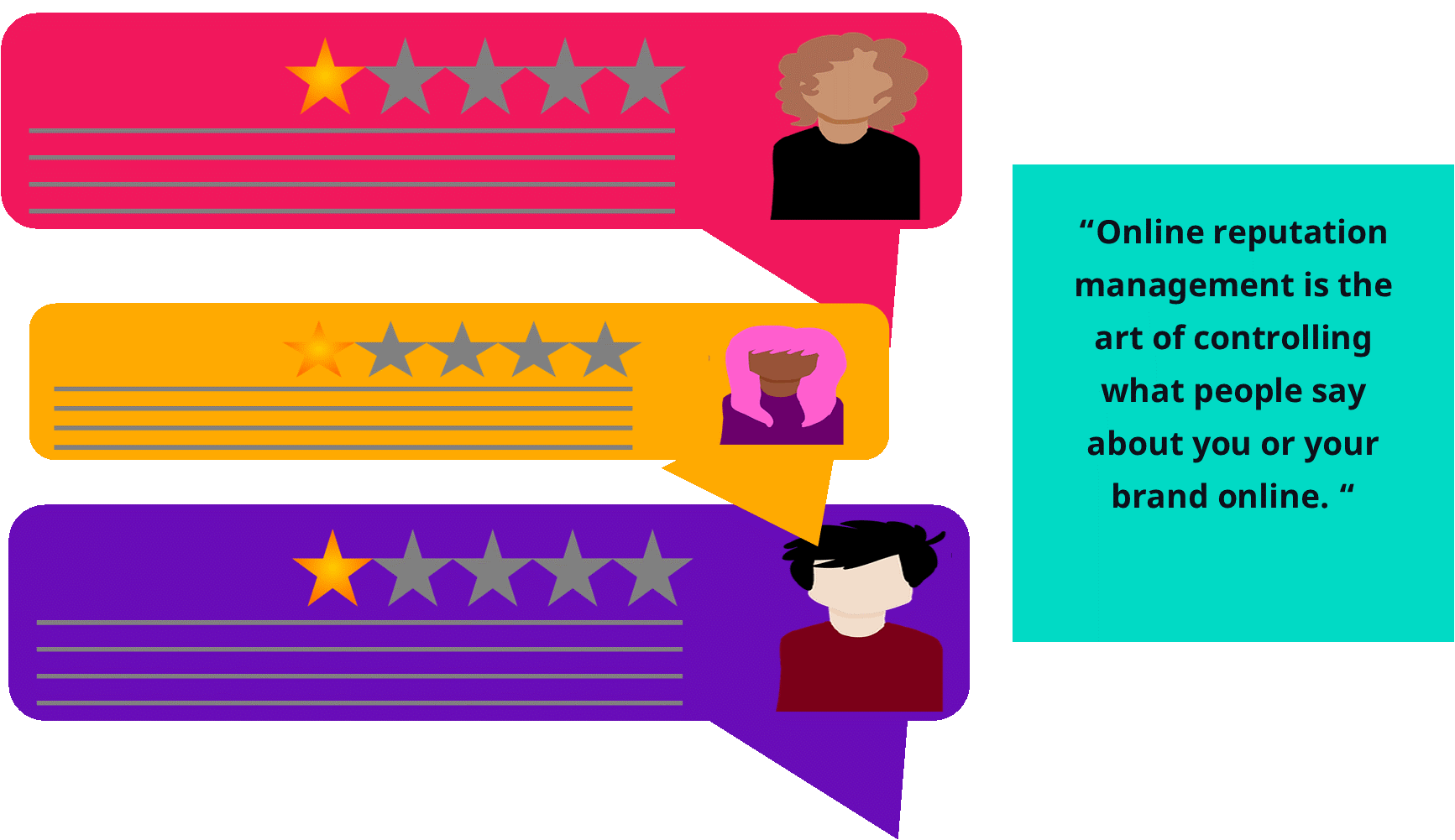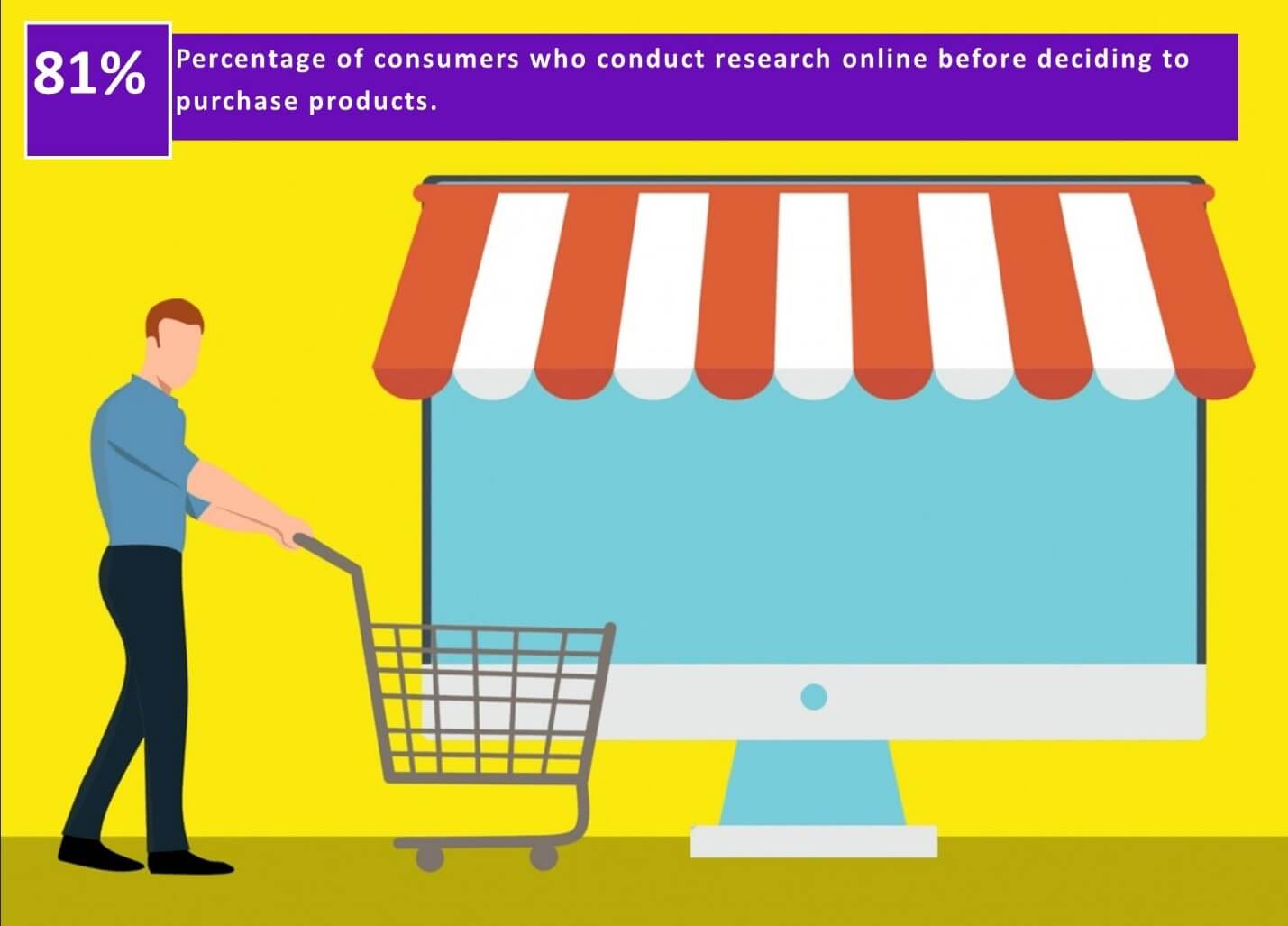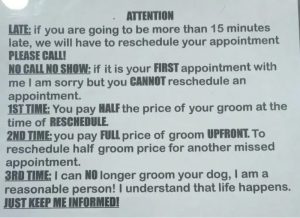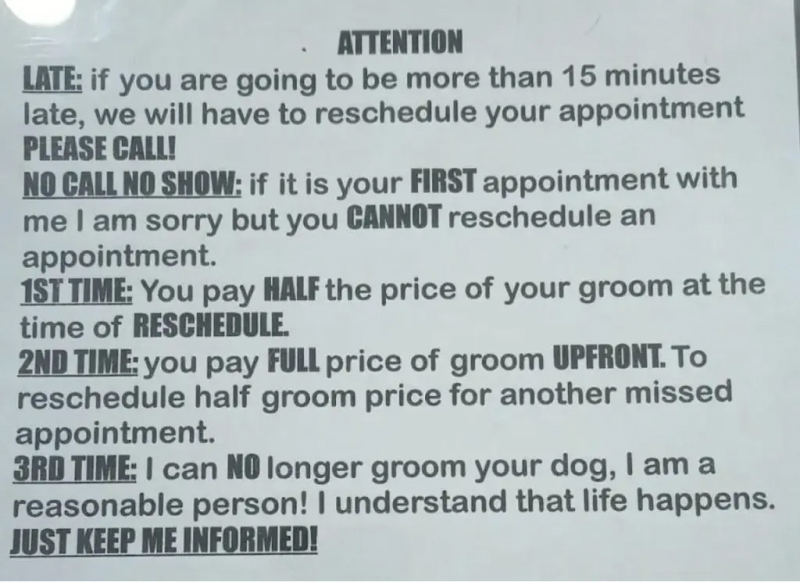It is important to manage your online reputation as an individual or business regardless of your industry. In today’s digital era, individuals and organizations develop their first impression online. If a single nasty opinion, negative comment, or bad news story about you appears online, forgetting it will be impossible. Read on to understand why online reputation management is crucial.
Understanding Online Reputation Management (ORM)
Online reputation management is the art of controlling what people say about you or your brand online. It involves using different marketing, SEO (Search engine optimization), legal, and public relations concepts to secure, boost, and preserve your individual online or business reputation.

Online reputation management builds a balance, curbs misleading trends, and enables you to thrive in your activities. This approach seeks to enhance your image and explain why potential customers should use your products. It also outlines your strengths. You can also leverage online reputation management to emphasize compelling achievements in your business.
An online reputation management strategy is ideal for businesses, brands, and individuals that want to avoid bad reviews.
Why does Your Reputation Matter?
Online reputation can influence your personal and professional lives. Today, potential employers, financial lending groups, and learning institutions screen potential candidates online before considering them.

Studies suggest that more than 80% of colleges have adopted Facebook as a screening tool. It is worth mentioning that high school and college students must understand their online reputation. Further, they should strive to maintain a positive online reputation throughout. It is crucial to control what appears when people conduct a Google search about you or your business venture.
Remember, if unfavorable information or images of you appear on social networks, they remain there and could haunt you in the future. Read on for more details on professional and personal reputation.
Personal Online Reputation
The idea of online reputation has been in existence for many years now. Both small and large businesses invest money and time to build and maintain a positive reputation. As an individual, developing a good reputation online is equally crucial, especially in today’s digital era. The information that social media channels or search engines display when you or someone else searches your name matters.
Remember, your online presence can cloud your achievements should your name appear alongside negative feedback on the web. Today, you require character credentials to secure your dream job from Google or any other search engine, and your school qualifications.
Social recruiting has evolved in the last few years. Today, many employers use social networking websites to know the eligibility and personal data of potential candidates. Here are some of the factors that can bar you from getting a job based on your online profile.
- Inadequate communication skills
- Inappropriate or provocative videos, photos, or information
- Candidates defaming their former company or a fellow employee
- Discriminatory comments based on religion, race, or gender
- Information suggesting that candidates abuse drugs or alcohol
How do you Manage Your Personal Online Reputation?
Be in charge of your social media profiles. These include LinkedIn, Facebook, Twitter, and Instagram because they rank highest in search results.
- Where possible, buy a domain in your name.
- When sharing images, add your name in the Title, and Alt Text to prevent them from appearing in negative results.
- Have a profile on blogging websites and update them regularly
- If negative results overwhelm you, then you can hire a reputation management firm to help you reduce or even eliminate them.
Controlling your reputation in the digital era can be a difficult task. Instead of waiting for negative results to cloud your reputation, be proactive, and adopt strategies to help you manage your reputation in advance. If you are too busy to keep checking Google, consider adopting tools like Google Alerts to oversee your presence online.
Professional Online Reputation
A company’s online reputation management strategy is critical. Read on to understand how a robust ORM can benefit your business.
· Influence Buying Decisions
Lacking an online reputation management strategy can affect your customer base. Research suggests that up to 81% of consumers conduct research online before deciding to purchase products.

Your company’s online profile can make or break a consumer’s final buying decisions. Another study shows that nearly 88% of buyers read online reviews to determine how reliable a new business is. Due to this, an effective online reputation can be a business quality analysis tool.
· It’s the Online Rendition of Word-of-mouth
A good percentage of consumers trust online reviews, with some perceiving them as personal recommendations from friends. Having positive feedback helps you attract more customers. However, a negative comment can destroy the gains that your business has made. In the social media profiles era where news spread fast, you should avoid negative reviews as much as possible. Many large companies have suffered losses as a result of negative reviews online.
· You cannot Delete Negative Reviews
The internet hardly forgets, and nearly everything that people say about your business remains online. Still, you have an opportunity to change negative reviews about your organization. Did you know you can convert dissatisfied consumers into happy customers just by responding appropriately? Studies suggest that more than 65% of buyers who voiced their complaints and received a suitable response from the companies did business with them again.
According to a Havard review, businesses that managed customer complaints within five minutes earned themselves return customers.
· Gain Valuable Feedback
Being on the lookout is a crucial part of controlling your online brand reputation. You can begin by collecting valuable customer satisfaction feedback and insights about your local business services and products.
Managing the Online Reputation of Your Brand
As a business owner, you should adopt a robust strategy for your online reputation management to be successful. Different companies have different approaches depending on their industry, size, and resources. Here are tips to help you develop an effective online reputation management plan.
· Audit Your Online Reputation Regularly

Before adopting an ORM strategy, you want to audit your online reputation. An ORM audit involves determining how people perceive your brand online and the problems you experience when countering negative reviews. You can conduct an effective ORM audit through brand monitoring. Here are more details about brand monitoring.
Brand Monitoring
You can audit your brand manually by following these steps.
- Launch an incognito Google window and type your brand name in the Google search section.
- Evaluate websites that appear on the first page
- Check Google My Business affiliated highlights that appear on the page and assess your existence there, based on star ratings, reviews, comments, and user-generated images.
- Split the websites into two groups, those that you can hardly control and those that you have control over. For example, you can easily manage your social media accounts. If you have third-party listings, you can contact the website owners and request them to remove the erroneous
- When it comes to critical news pieces, you can reach the author and try to convince him that their opinion about your brand is wrong. Discuss their dissatisfaction and try to offer them a viable solution.
Read the reviews on the websites and try to establish the overall user sentiment. This step is critical, and it helps you prioritize over digital marketing platforms that need urgent attention.
Factors that can Ruin Your Brand’s Online Reputation
In today’s overly competitive business industry, having and maintaining a robust positive online reputation is crucial for success. With a positive online reputation, your brand can influence and encourage potential customers to purchase their products. Still, various factors can affect a brand’s reputation. Read on to figure them out.
· Inaccurate Information in Directory Services
Directory services are today the foundation of online reputation management. It comprises resourceful websites such as Microsoft, Yelp, TripAdvisor, and Yellopages.com. Your organization will either thrive or weaken, depending on how you handle your online reputation management strategy on these websites.
Numerous local customers use directory services to find new services. In this case, enhancing your reputation on these websites is crucial. Directory services can help you gain critical business leads. They also present you with an ideal opportunity to target your potential customers.
To enhance your chances of success, business owners can improve their customer experience by ensuring their NAP+W (Name, Address, Phone, Number, and Website) listings are accurate. For your online reputation management to succeed, your information should be dependable and accurate.
· Failure to Respond to Customer Reviews
Reviews are a crucial part of business success. They help potential customers to decide the quality of products and services a brand offers. Consumer buying habits have been evolving over the years, with many preferring to deal with businesses that have numerous online reviews.
Brands may be unable to regulate customer reviews online but acknowledging both negative and positive reviews is crucial. Doing so demonstrates that your business appreciates customer’s feedback and is willing to use it as a basis to improve their products and services. Failure to respond to customer reviews could mean that their opinion is not valuable to you. Such a realization turns customers away.
· Negative Online Public Relations Coverage
Bad PR affects the reputation of your brand directly. If potential buyers encounter an article that describes your brand negatively, they could change their purchasing decisions. Monitor what people say about your brand online keenly. You can do so by using practical monitoring tools such as Google Alerts that help you discover the recent posts on blogs, review sites, or publications. Disregarding negative courage from key publications can damage your brand’s reputation online.
· Disorderly Employee Profiles
Your employees are your digital spokespeople for your brand. What they say and how they handle customers represents the brand. Your potential buyers may bump into your employee’s actions, online profiles, or comments and link them to your brand’s principles. Should customers notice a difference between; what your brand guarantees and how your employees behave, their trust will fade.
Train your employees on the importance of demonstrating brand loyalty if they want potential buyers to trust it. You can do so by motivating them to become your leading brand ambassadors. Consider rewarding employees who strive to promote the brand’s principles online. You can also create profiles for your employees on the company website and let them share the links on their social media platforms.
· Lack of Social Media Presence

In the socially aggressive digital world today, brands cannot afford to ignore social media. Doing so can hinder your plans for attaining a positive online reputation. Today, social media is a promising platform that allows businesses to engage with customers.
According to a survey, more than 20% of small businesses are yet to embrace social media use. Again, more than 40% of business ventures that have adopted social media use the platforms multiple times every day. Lack of social media presence can hinder business advancement efforts online.
Today, nearly every potential buyer searches online to discover more about their brands through their Twitter interactions or Facebook pages. Lack of social media presence demonstrates an insensitivity and disinterest in engaging its target audience. Often, some businesses join social media only to desert it afterward, which can discourage potential customers.
Apart from embracing social media, business owners should post and remain active on their platforms when their customers are online. Interact with your target audience by initiating conversations. Further, you can single out friendly brands and try to work on mutually benefiting collaborations.
Why It is Important to Manage Your Online Reputation
An excellent online reputation can benefit your business in the following ways.
· Enhanced Trust and Transparency
Consumers regard transparency highly. While they want to trust your brand, you need to be open, honest, and informative to be trusted. Being transparent demonstrates your willingness to be vulnerable, welcome criticism, and learn from the mistakes you make.
Try to be accountable whenever things do not work according to plan. Address your customer’s concerns and questions and show them that you care about them and not your image only. Doing so encourages potential buyers to want to work with you.
· You get More Authority Even When Inconveniences Occur
Apart from managing businesses, human beings are prone to making mistakes. Often, the errors are small and hardly affect your business in a big way. However, sometimes small mistakes can advance and reach the masses. Whenever this happens, you can leverage online reputation management to save you from their wrath.
When a negative dialogue about your products occurs, you can join the conversation to make adjustments or clarifications and protect yourself. You have more authority and can frame the perception that your consumers have at the right time.
· Enhance Your Relationship with Existing Customers while Reaching New Ones
Apart from your website, potential customers will discover more about your brand when searching on Google. Sometimes it will be a brand review from an influencer, Yelp reviews, or even an article comparing you to your competitors. If these results are positive, they could convert the potentials into actual buyers.
Take Away
Having a good reputation online is the beginning of a digital imprint. To improve and manage your brand, you should strive to address customer complaints when they occur. You can also leverage the services of a reliable reputation firm to salvage your image online. Contact us today and learn more about enhancing your reputation online.
















